Will AI Photography Replace Photographers?
In this era of rapid advancement in artificial intelligence, every industry is undergoing transformation, and photography is no exception.
From smartphones' automatic adjustments to AI-generated images, technology is reshaping our understanding of photography.
But does this mean that the profession of photographers will be replaced by artificial intelligence?
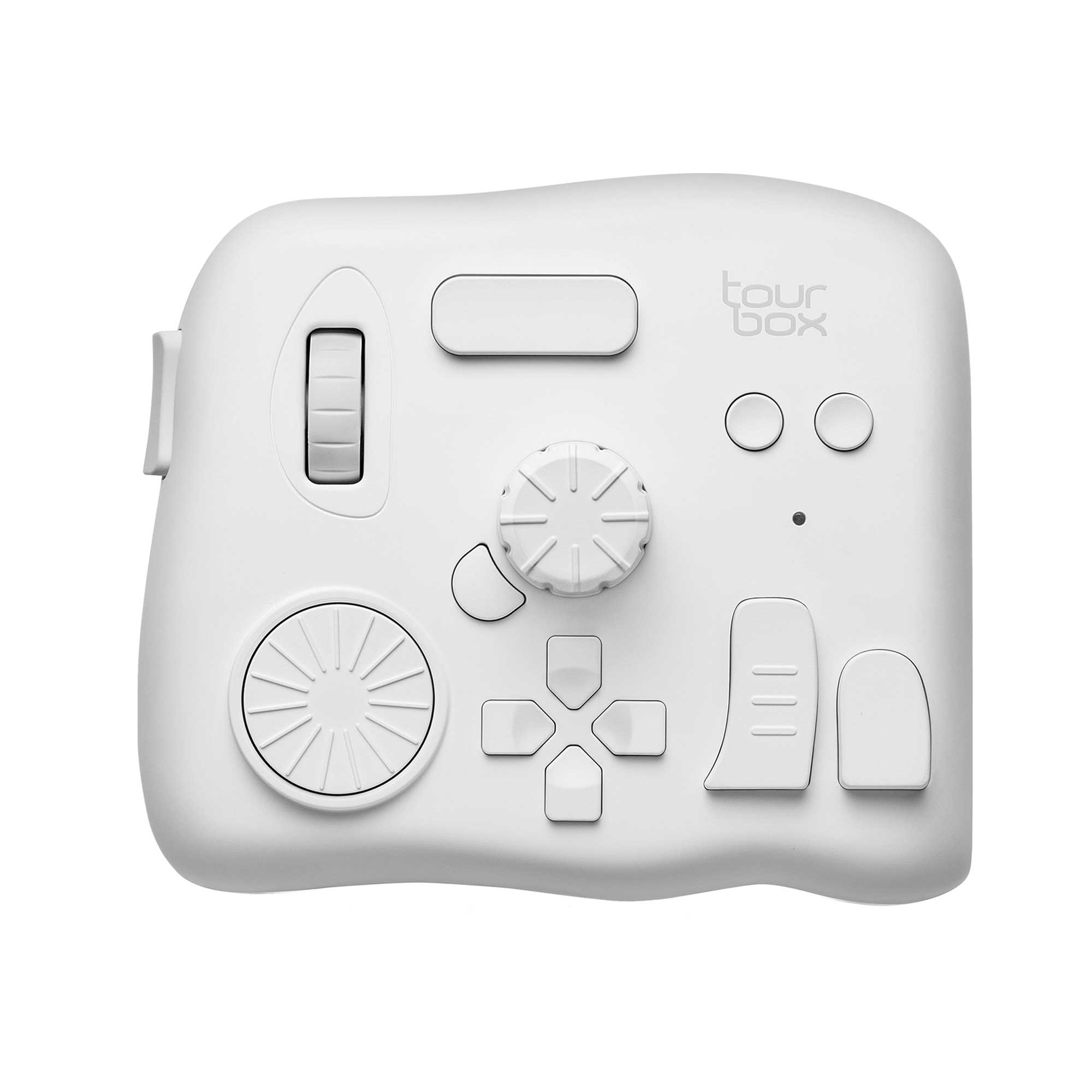
You may have noticed that AI photo editing technologies have long been used in commercial photography to assist with post-processing tasks.
Apart from AI photo editing, you can even find AI cameras on the internet, enabling AI photography.
Of course, these AI cameras differ from the AI chips found in cameras familiar to photographers.
For instance, the AI chip in well-known Sony cameras primarily recognizes common subjects like people, animals, and buildings in a scene to assist with focusing.
However, this AI camera is entirely different—it doesn't even have a lens. Just provide keywords, and it can magically generate a stunning photograph for you.
For example, can you tell if the photo below was created by AI?
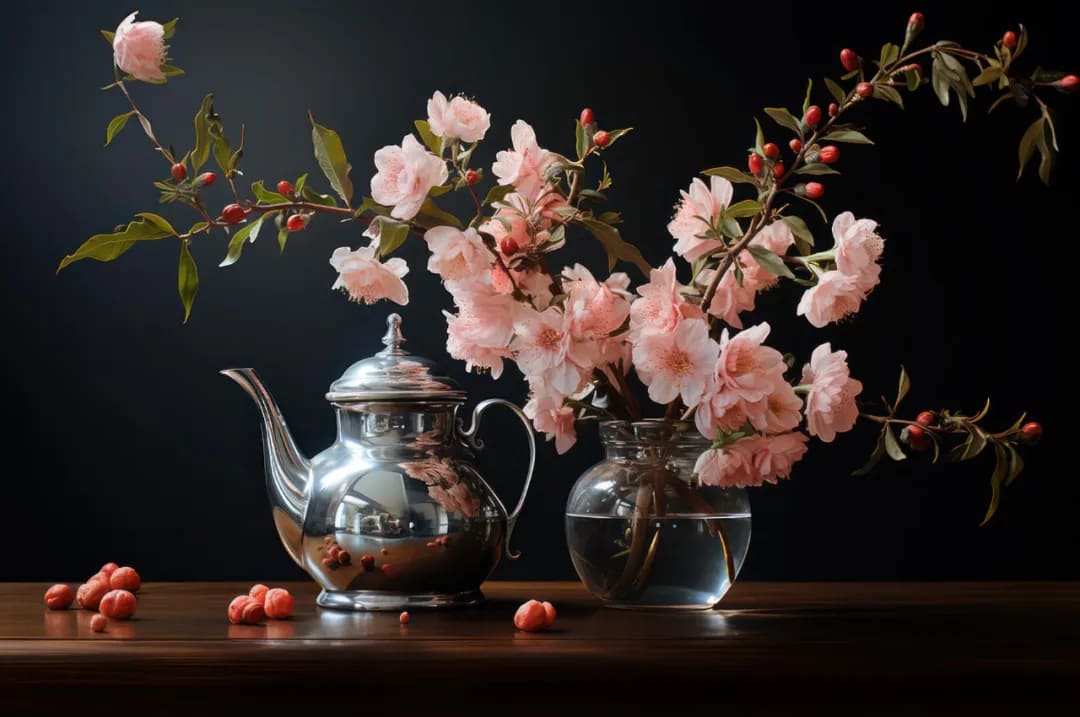
It's akin to AI-generated art, except the output is not a painting but a photograph.
Some have even submitted AI-generated photographs to competitions and won awards.
Thus, some boldly predict that AI technology will replace photographers.
We have to admit that AI can do a lot of things.
The photographs generated by AI are indeed stunning, as seen by their ability to compete in photography contests and win prizes convincingly.
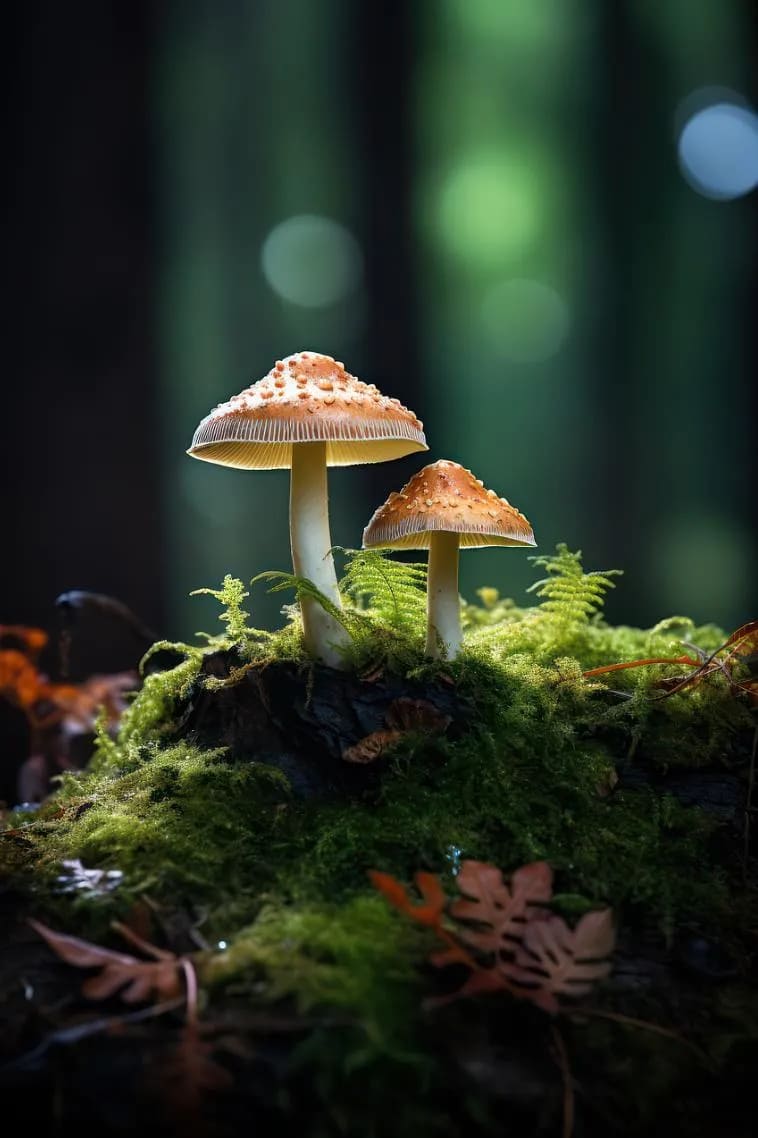
However, AI is always a tool, meant to free up labor and serve humans, rather than to "defeat" them.
Artificial intelligence, without humans, is devoid of meaning.
The invention of the steam machine led to the unemployment of manual textile workers. Similarly, the rise of mobile communications resulted in the loss of jobs for many switchboard operators.
However, let's not forget that those displaced textile workers and switchboard operators did not vanish from the world.
The creation of machines enhances efficiency, liberates productivity, and the liberated productivity can be channeled into other activities.
Artificial intelligence serves as a tool to assist human life and production. Its emergence may indeed lead to job displacement in certain industries. This transition can be painful, but it is a necessary part of human progress.
So, can AI photography truly replace photographers?
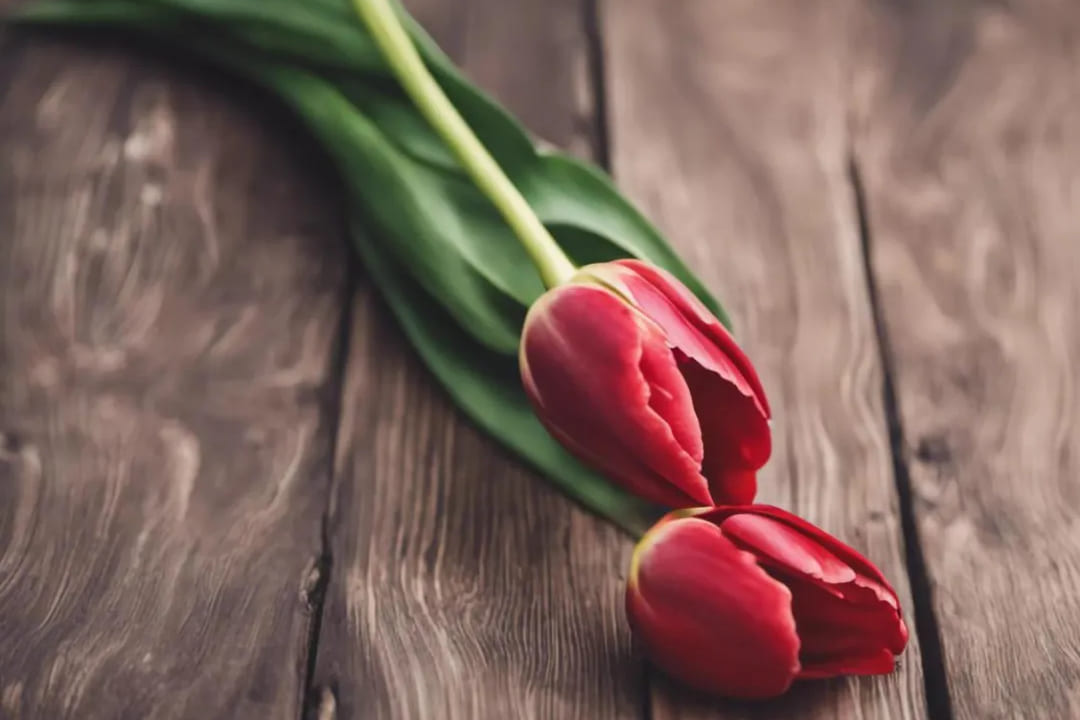
Our answer is no.
Reason 1: AI Photography Is Not Genuine Creativity
While AI can assist us in framing better shots, focusing, and enhancing image quality, it's currently unlikely for AI to independently carry out documentary photography.
As mentioned earlier regarding AI photography, it merely creates images based on keywords, without any real creative input.
This is because AI is still reliant on a large dataset of real photos, utilizing algorithms to piece together elements from these photos to generate what appears to be a "new" image.
Reason 2: AI Photography Cannot Convey Emotions
Furthermore, AI finds it challenging to express emotions. At least, current technology has not achieved this capability.
Therefore, while images generated by AI photography may be visually appealing, they often feel artificial to viewers.
In essence, these images may look good on the surface but lack soul, making them less engaging and eventually tiresome after repeated viewing.
Reason 3: AI Photography Can't Provide the Experience of Capturing Moments
Another aspect that AI photography falls short on is the actual experience of taking photos.
How many people take pictures just for a pretty photo? Aside from professional photographers, we believe many do it for more than that.
It's like fishing—why wait for hours to catch a couple of small fish when you could just buy them at Walmart?
If taking photos is solely about getting good-looking pictures, you could simply download them online. Why go through the trouble of taking them yourself?
Have you ever experienced waking up at 3 or 4 in the morning to capture the first light of dawn? Or endured a night of mosquito bites in the wilderness to photograph the stars on a summer night?
Venturing through mountains and rivers, using a camera to observe, discover, and capture the beauty of the world, enduring challenges, and finally reaping the satisfaction of a stunning photograph.
We believe that this kind of spiritual photography experience cannot be replaced by any AI photography.
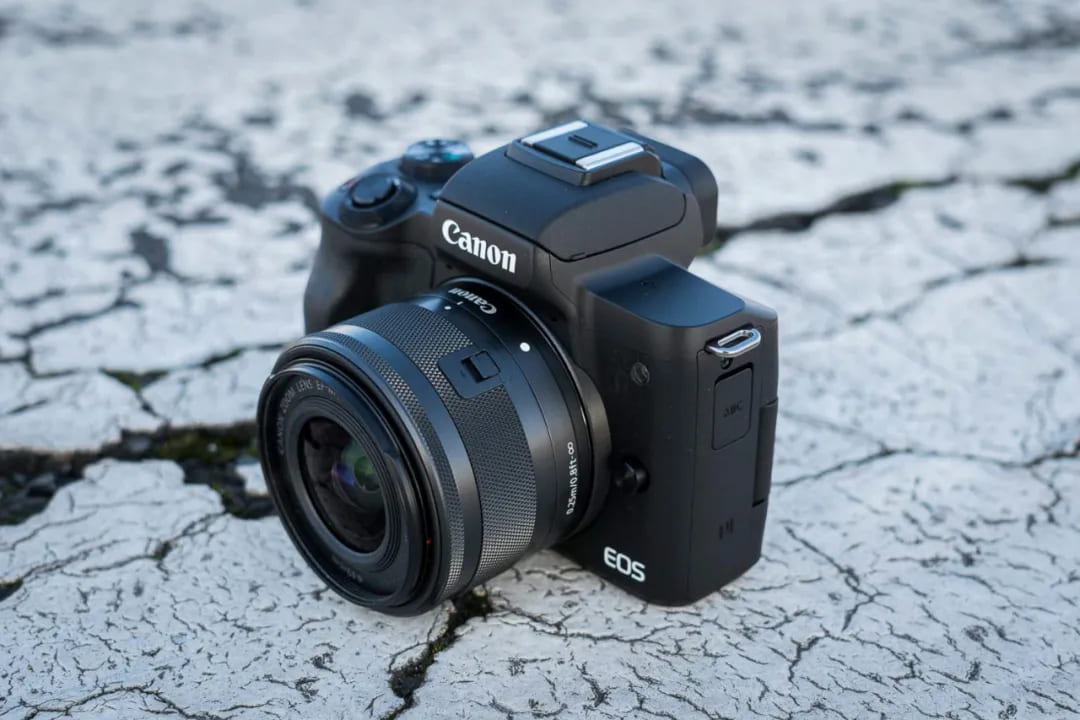
Reason 4: Post-Processing in Photography Is an Aesthetic Expression
If we consider the moment a photographer captures an image as the first act of creation, then the adjustments made during post-processing represent the second act of creation, showcasing the photographer's aesthetic expression.
"There are a thousand hamlets in a thousand people's eyes" rings true in post-processing. There are no strict rules. Some prefer cool tones, while others favor warm tones. Some like high saturation, while others prefer low saturation.
This aesthetic interpretation of photographs is something that AI photography cannot replace.
When you're adjusting the colors of a photo during post-processing, have you ever found it tedious to constantly drag the sliders with your mouse to tweak the parameters? That's where TourBox comes in as a great companion for your photo editing needs.
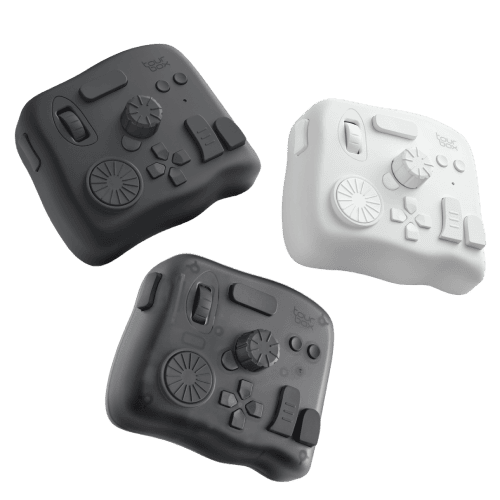
With TourBox, you can simply move your mouse cursor over the color parameter and use the knobs on the TourBox to adjust the settings. You can also make precise adjustments to color parameters by increments of +1 and -1.
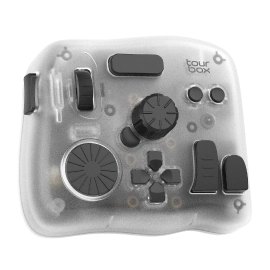
Just like using a game controller while playing video games, TourBox offers a fantastic user experience. It streamlines each step of your photo editing process, allowing you to focus on the essence of post-processing—expressing your aesthetic sense and creativity.
If you're curious about the wonders TourBox can work in your photo editing workflow, check out our photo editing page for more information.
Returning to the initial question posed in our article, will AI photography replace photographers? We believe you now have an answer to that question.